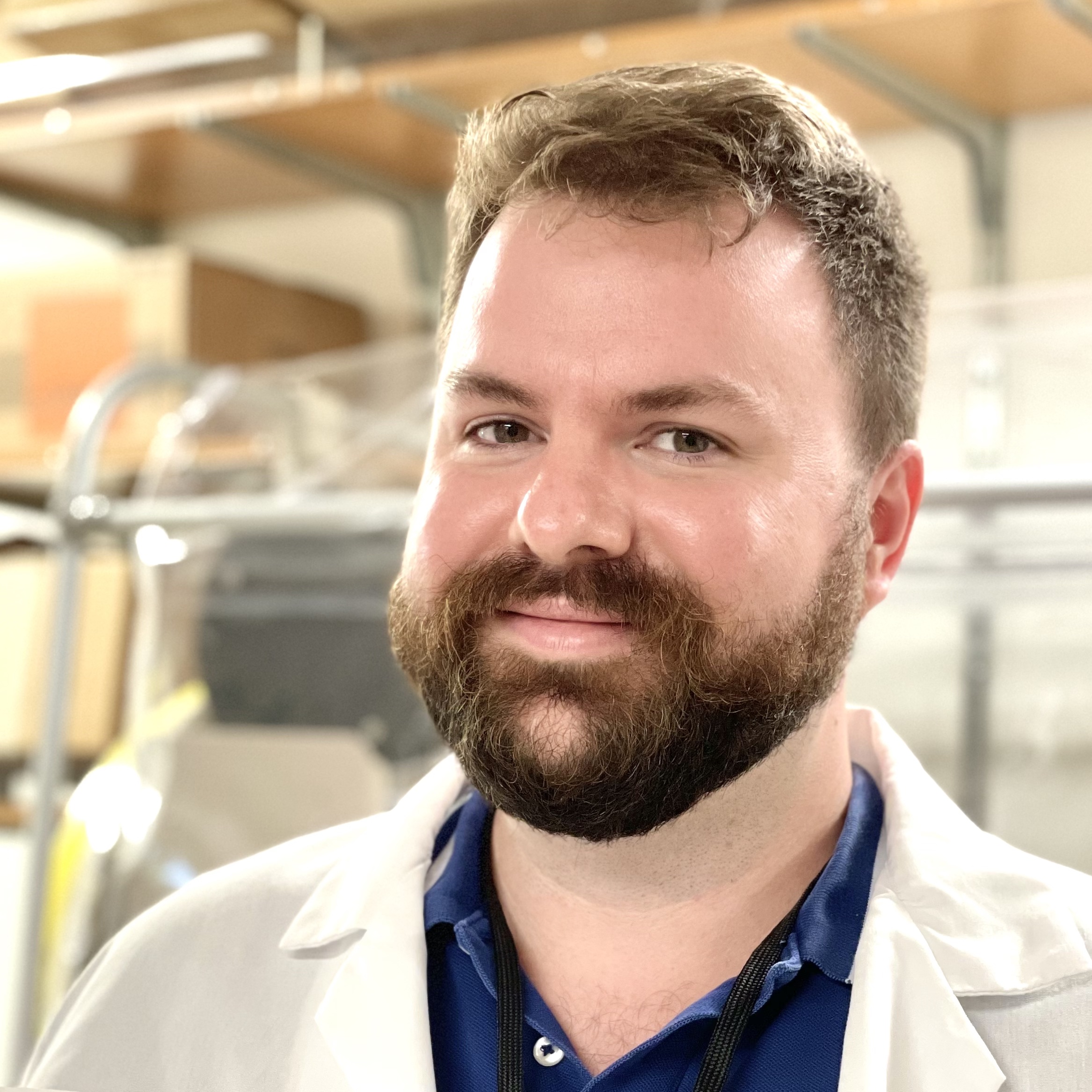Professor Matthew Griffin wins the Beckman Young Investigator award

The lab of Professor Matthew Griffin of the UC Irvine Department of Chemistry sits at the intersection of many fields, including physical chemistry, pharmaceutical sciences, molecular biology and biochemistry.
Professor Matthew Griffin of the UC Irvine Department of Chemistry recently received a Beckman Young Investigator (BYI) award from the Arnold and Mabel Beckman Foundation. The award, which will provide $600,000 in support to Griffin and his lab over the next four years, goes to 10 early-stage faculty from across the United States who demonstrate great promise toward making meaningful contributions to their field.
Griffin’s lab studies how the microbes that live in and on our bodies can improve human health. They focus on a class of molecules called polysaccharides, which are made by almost all of our body’s microbes. Scientists know polysaccharides play an essential role in regulating our immune system – but exactly how the molecules do this remains a mystery due to the difficulty in studying polysaccharides’ complex structures.
“Through the BYI Award, my lab will build a new platform to access these sugar structures through a combination of synthetic biology and organic chemistry,” said Griffin. “If successful, our work will broadly accelerate the production of these molecules, enabling new studies to understand how this sweet dark matter of our microbiota modulates our immune system during health and disease.”
Griffin started at UCI just under two years ago, and his lab hit the ground running thanks in large part, he explained, to the supportive and interdisciplinary culture at the university. “The faculty, staff, and students have all been incredibly thoughtful and helpful throughout the process, enabling us to build a program that tackles the big problems of our field,” he said.
